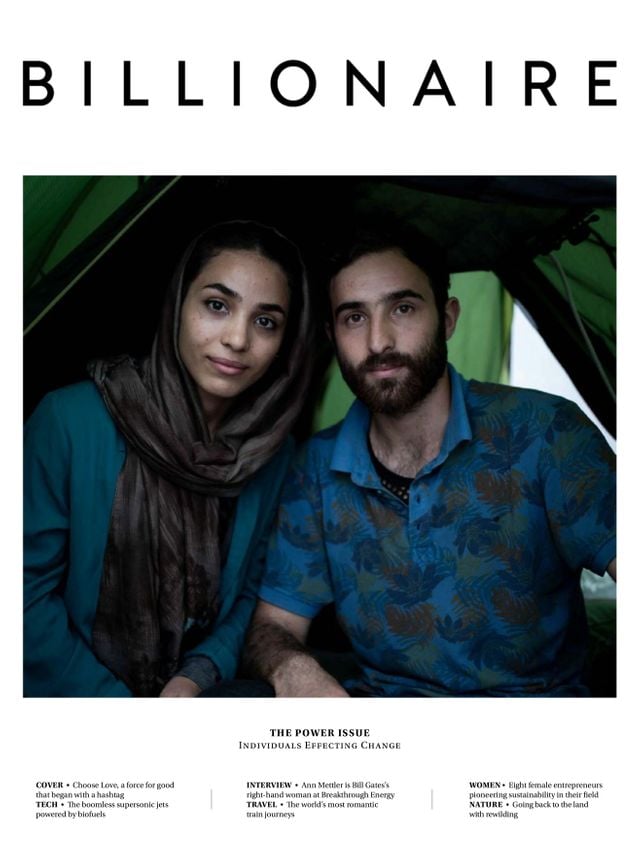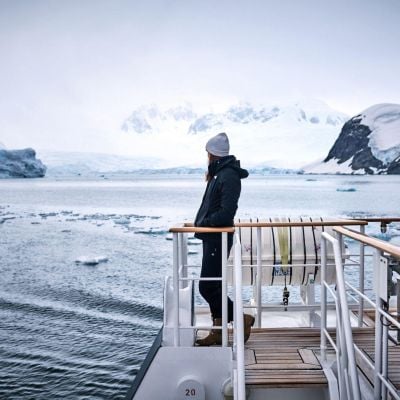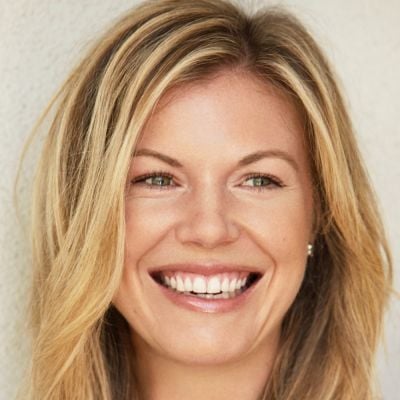A Doctor’s Dream

A group of doctors is finding treatments for some of the world’s most neglected, yet deadly, diseases.
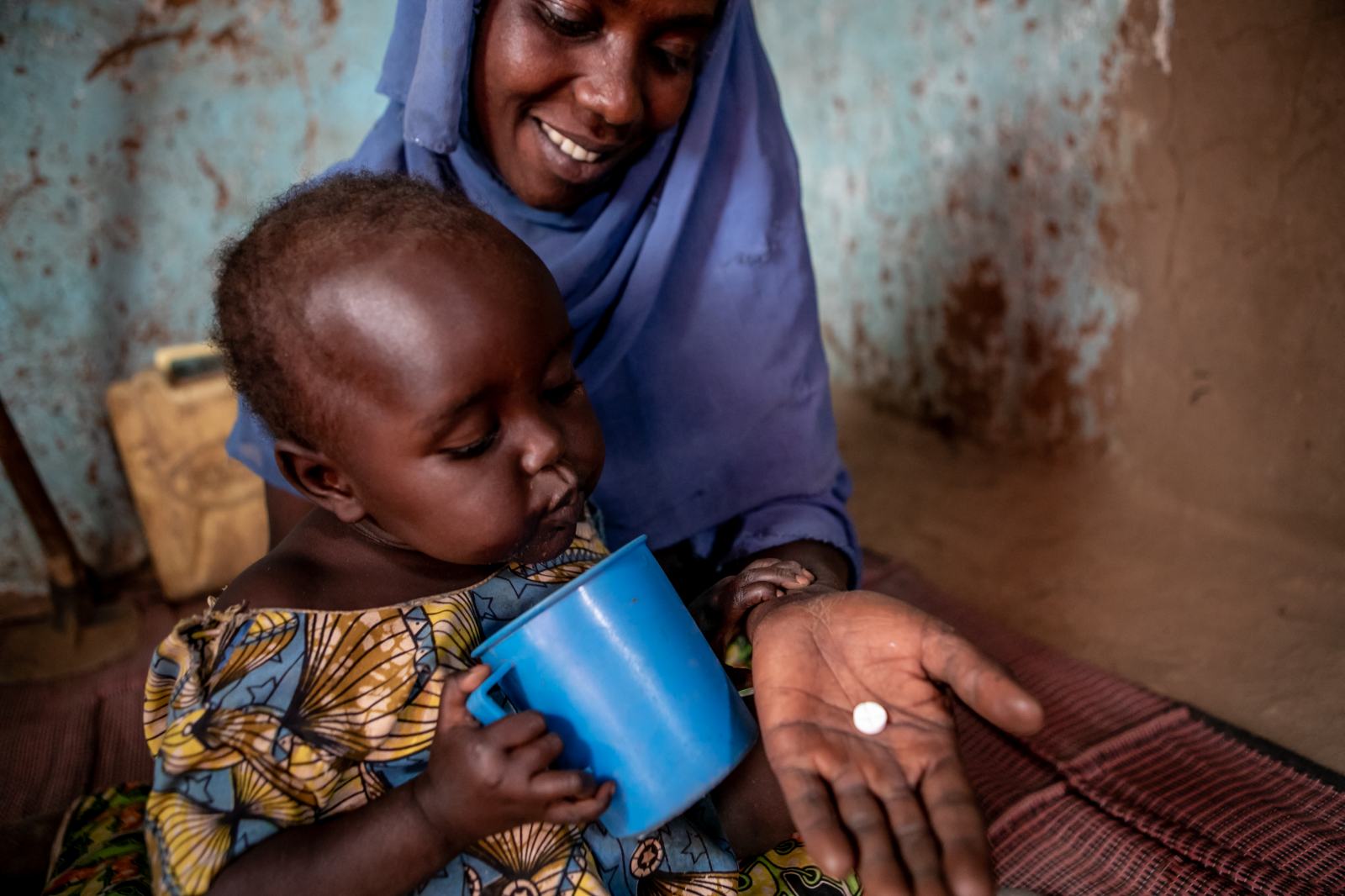
“The worst nightmare of every doctor is to kill their patient while treating them,” says Dr Victor Kande, the Congolese physician who helped discover the first oral drug for sleeping sickness, discovered in 2018.
Sleeping sickness (African trypanosomiasis) is a particularly frightening disease, because it leads to aggressive behaviour and signs of madness. A parasitic disease transmitted by the tsetse fly that affects the central nervous system; without treatment it is deadly. During the 1990s, some half-a-million people were infected with the disease, primarily in Sub-Saharan African countries.
At the time, Dr Bernard Pécoul was director of the Médecins Sans Frontières (MSF) Campaign for Access to Essential Medicines, carrying out field missions in Africa, Latin America and Asia. He was horrified to discover that the only treatment for sleeping sickness was melarsoprol, a derivative of arsenic, which would kill one in 20 of his patients.
For doctors and patients alike, it was highly traumatic. “We had no choice but to use this, as without treatment it was 100 percent fatal,” he recalls over Zoom from his home in Geneva. “The last decades of the 20th century have been very productive in developing new treatments but nothing has happened for the most neglected populations,” he says. “In a time of a lot of scientific progress, it was totally unbalanced.” In many cases, no research into treatments for neglected diseases has been done since the end of colonial times.
“We were all doctors coming from the UK, France and Germany, and we were obliged to treat infectious diseases with tools that had been developed a century earlier.”
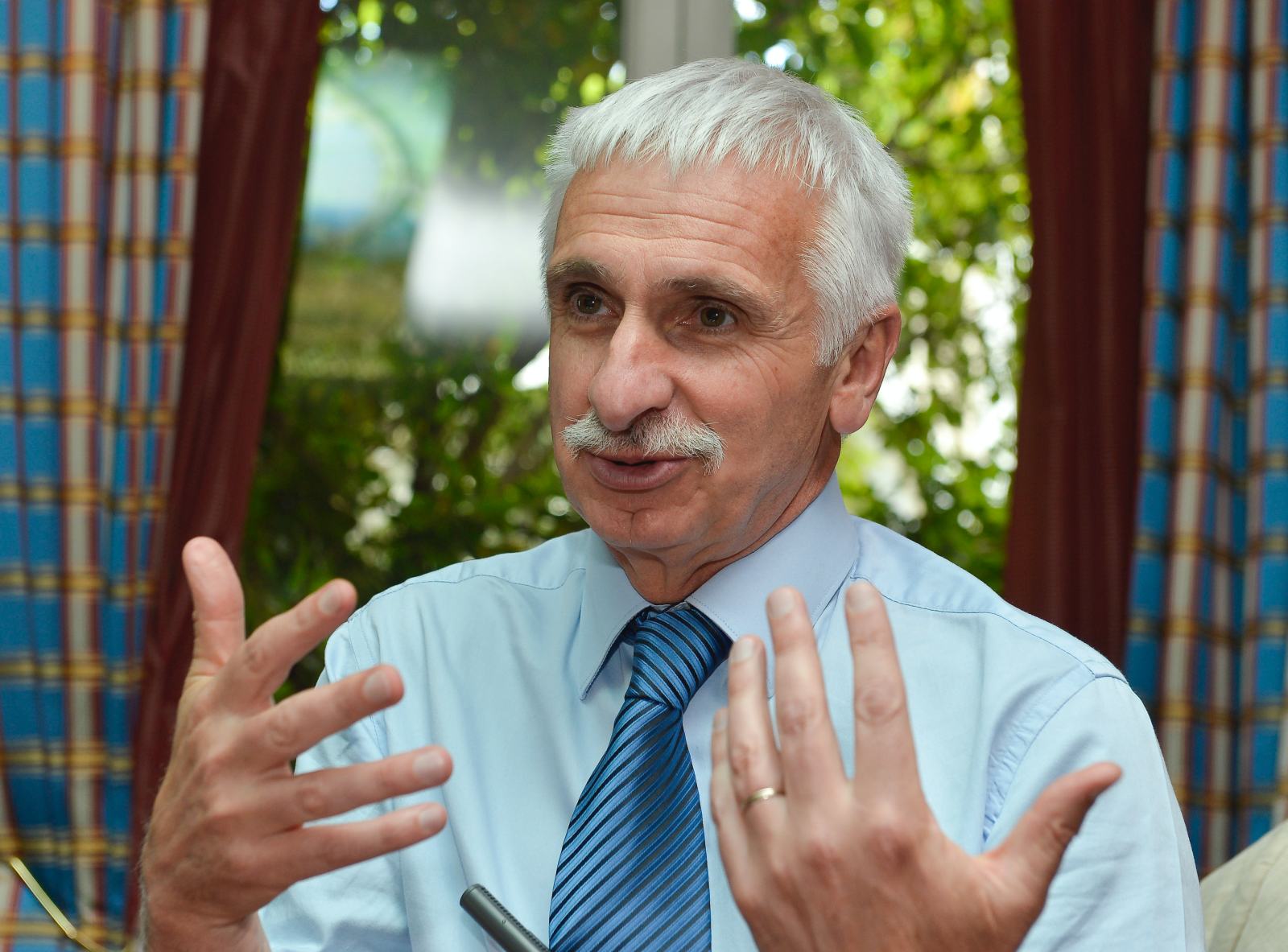
In 2003 Pécoul went to his employer MSF with a plan to launch a new division of the non-profit. It would be a research and development initiative called Drugs for Neglected Diseases initiative (DNDi).
The MSF helped to fund the initiative using €25 million of the Nobel Peace Award that it received in 1999, as well as funding from World Health Organization (WHO), Institut Pasteur and four medical research institutions in endemic countries (India, Kenya, Brazil and Malaysia) to discover, develop and deliver medicines for neglected patients around the globe.
In a bid to tackle sleeping sickness, the first step was to improve the situation with a combination of drugs called NECT. Although it was a good treatment and reduced the mortality rate it involved many, many, doses, which had to be stored in large refrigerated boxes that were logistically challenging to transport to remote riverside villages deep in the jungle.
Pécoul wanted to have an oral treatment for sleeping sickness that could be treated simply and efficiently. In 2012, research was found from the 1980s that had been abandoned due to lack of interest, about a molecule called fexinidazole. Sanofi owned the molecule and partnered with DNDi to conduct clinical trials in the Democratic Republic of the Congo and the Central African Republic. There was no infrastructure so the doctors had to bring everything; from electricity to cars to internet and microscopes. DNDi partnered with local doctors such as Victor Kande and trained 200 people to help register a new drug according to international standards. By November 2018, it had gained approval for a single, oral pill that could treat sleeping sickness and, today, the number of patients with the disease is less than 1,000.
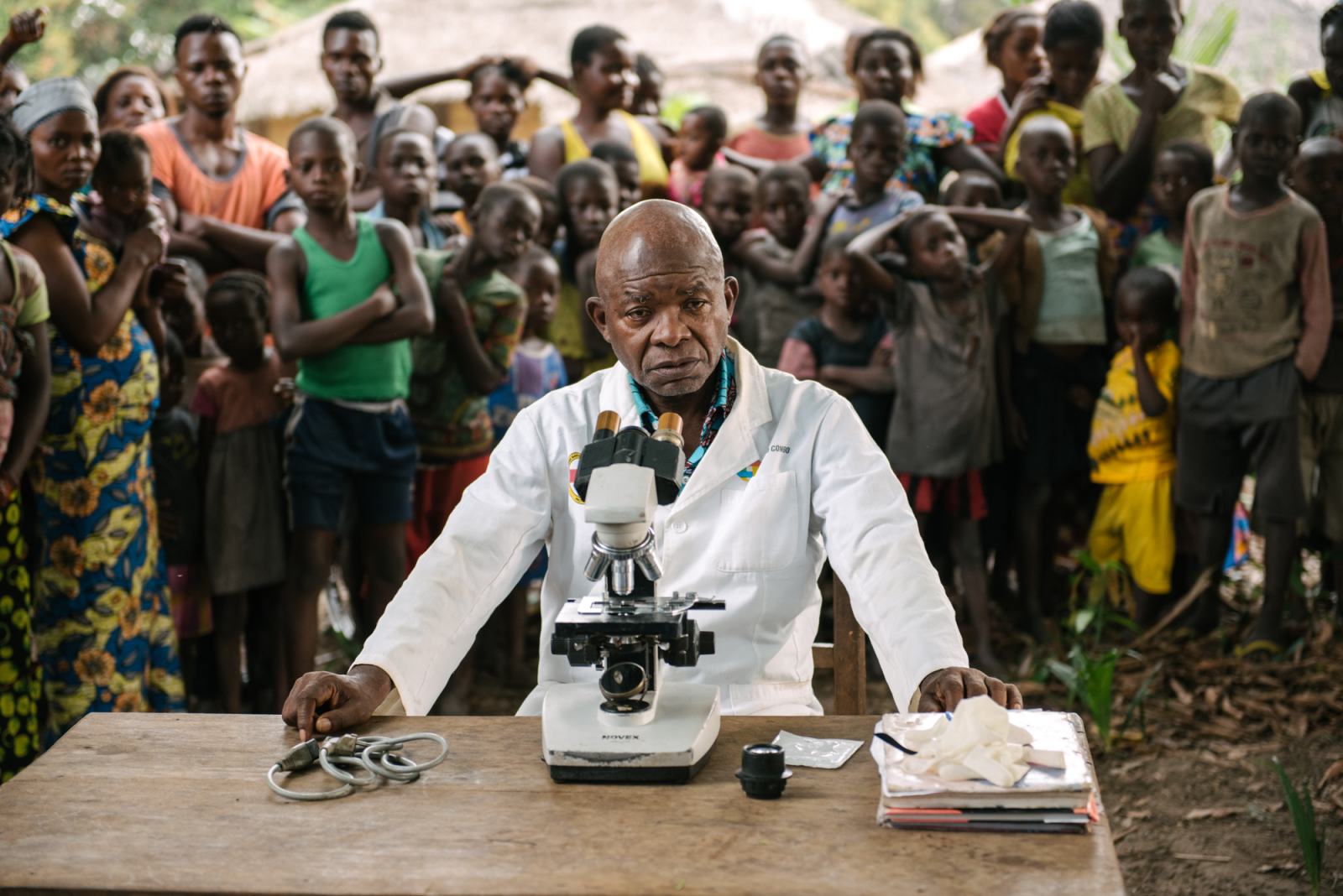
DNDi has gone from a staff of four to some 1,200, including partners. It is working on developing 25 medicines in 25 years to address the many injustices in the world; according to the WHO, some one-billion people are affected by neglected disease. Since inception, it has delivered eight treatments for neglected patients, including sleeping sickness. It now spends around 80 percent of its €75 million annual budget researching and developing drugs to treat patients in low- and middle-income countries, suffering from ailments such as visceral leishmaniasis and Chagas disease.
DNDi is seeking funding from philanthropists, governments and institutions to raise €612 million, including €136 million already secured, to develop the 25 medicines. “As a philanthropist it’s a good investment, as the big pharmaceuticals price it at around €1 billion per drug, whereas we can develop all 25 for around €1.2 billion,” says Pécoul.
Some of its donors to date include the Bill & Melinda Gates Foundation, the Wellcome Trust, the Carlos Slim Foundation, the Else Kröner Fresenius Award, the Rockefeller Family and the Brian Mercer Charitable Trust, among many others, and various governments.
Pécoul, now aged 64, with seven grandchildren, is not thinking about retirement quite yet. He is anxious about the effect of COVID; DNDi’s funding is about 50/50 split between public and private donations and national funding may be the first to dry up. The UK government’s overseas aid expenditure budget was recently reduced from 0.7 percent of national income to 0.5 percent, for instance.
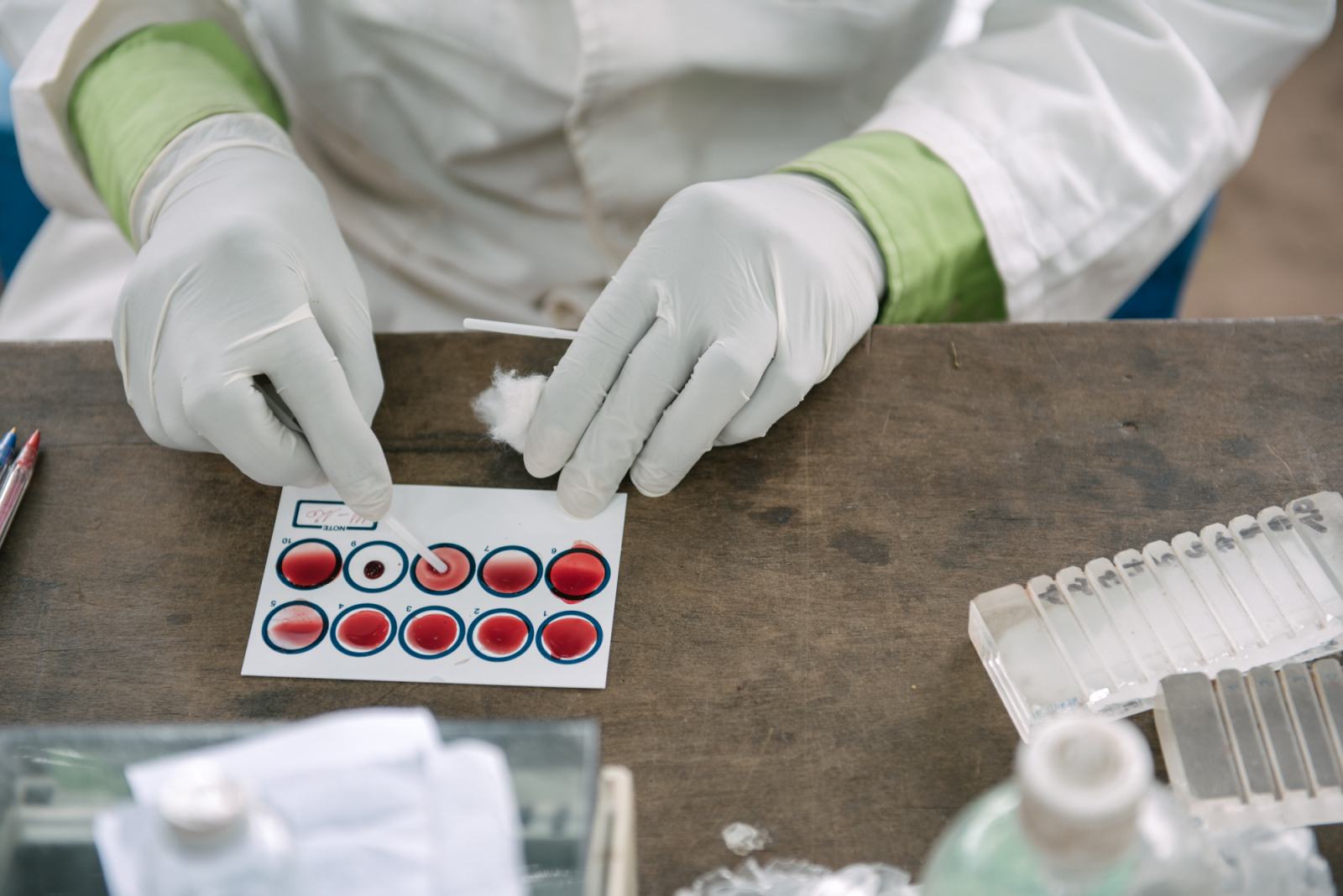
But the thing that concerns him as a doctor is the lack of collaboration in global scientific research, territorialism over intellectual property. Part of DNDi’s work is to lobby governments for open, transparent, and collaborative research – speaking out for the policies and political will be needed to re-orient the global biomedical R&D system to focus on patients’ needs, not profits.
“I hope that the COVID-19 pandemic has opened the eyes of people to understand that diseases can move quickly, from one person in a remote country to another. We are still massively at risk from infectious disease and it deserves more attention and collaboration on a global scale.”
This article originally appeared in Billionaire's Power Issue, Summer 2021. To subscribe contact

